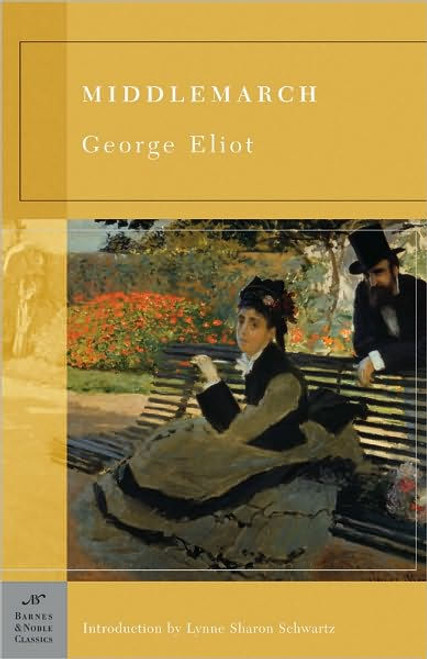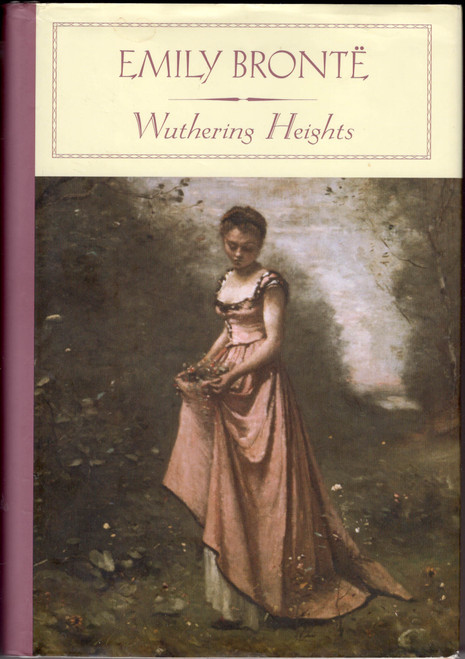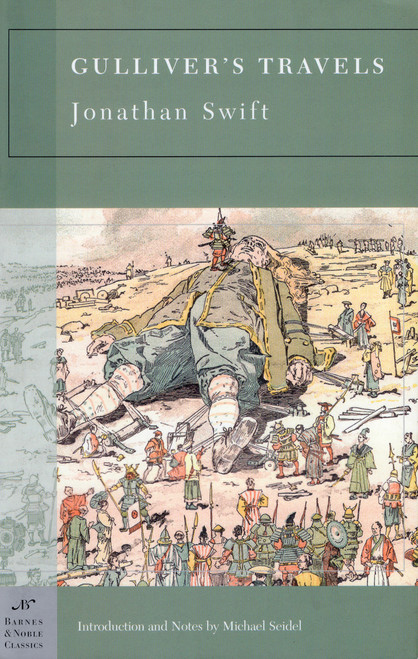Often called the greatest nineteenth-century British novelist, George Eliot (the pen name of Mary Ann Evans) created in Middlemarch a vast panorama of life in a provincial Midlands town. At the story’s center stands the intellectual and idealistic Dorothea Brooke—a character who in many ways resembles Eliot herself. But the very qualities that set Dorothea apart from the materialistic, mean-spirited society around her also lead her into a disastrous marriage with a man she mistakes for her soul mate. In a parallel story, young doctor Tertius Lydgate, who is equally idealistic, falls in love with the pretty but vain and superficial Rosamund Vincy, whom he marries to his ruin.
Eliot surrounds her main figures with a gallery of characters drawn from every social class, from laborers and shopkeepers to the rising middle class to members of the wealthy, landed gentry. Together they form an extraordinarily rich and precisely detailed portrait of English provincial life in the 1830s. But Dorothea’s and Lydgate’s struggles to retain their moral integrity in the midst of temptation and tragedy remind us that their world is very much like our own. Strikingly modern in its painful ironies and psychological insight, Middlemarch was pivotal in the shaping of twentieth-century literary realism.
Introduction by Lynne Sharon Schwartz
Reviews
"The most profound, wise and absorbing of English novels...and, above all, truthful and forgiving about human behavior." --Hermione Lee
"No Victorian novel approaches Middlemarch in its width of reference, its intellectual power, or the imperturbable spaciousness of its narrative." --V. S. Pritchett
"One of the few English novels written for adult people." --Virginia Woolf
About the Author
George Eliot (Mary Ann Evans Cross) was born on November 22, 1819 at Arbury Farm, Warwickshire, England. She received an ordinary education and, upon leaving school at the age of sixteen, embarked on a program of independent study to further her intellectual growth. In 1841 she moved with her father to Coventry, where the influences of “skeptics and rationalists” swayed her from an intense religious devoutness to an eventual break with the church. The death of her father in 1849 left her with a small legacy and the freedom to pursue her literary inclinations. In 1851 she became the assistant editor of the Westminster Review, a position she held for three years. In 1854 came the fated meeting with George Henry Lewes, the gifted editor of The Leader, who was to become her adviser and companion for the next twenty-four years. Her first book, Scenes of a Clerical Life (1858), was followed by Adam Bede (1859), The Mill on the Floss (1860),Silas Marner (1861), and Middlemarch (1872). The death of Lewes, in 1878, left her stricken and lonely. On May 6, 1880, she married John Cross, a friend of long standing, and after a brief illness she died on December 22 of that year, in London.
Lynne Sharon Schwartz is the author of fourteen books of fiction, non-fiction, and poetry, including the novels Disturbances in the Field, Leaving Brooklyn, and In the Family Way, and the memoir Ruined by Reading. Her poetry collection In Solitary and her translation of A Place to Live: Selected Essays of Natalia Ginzburg appeared in 2002.







